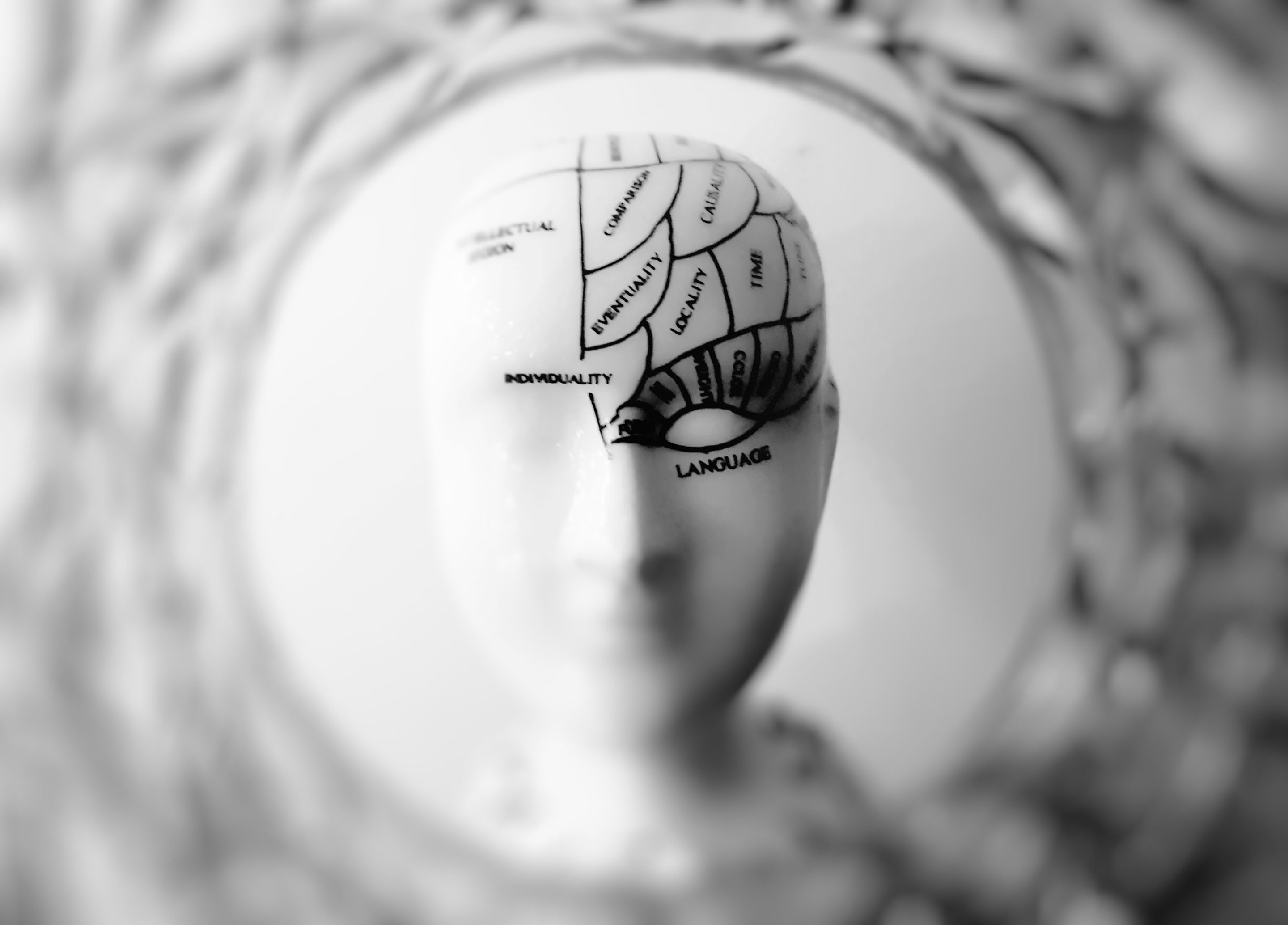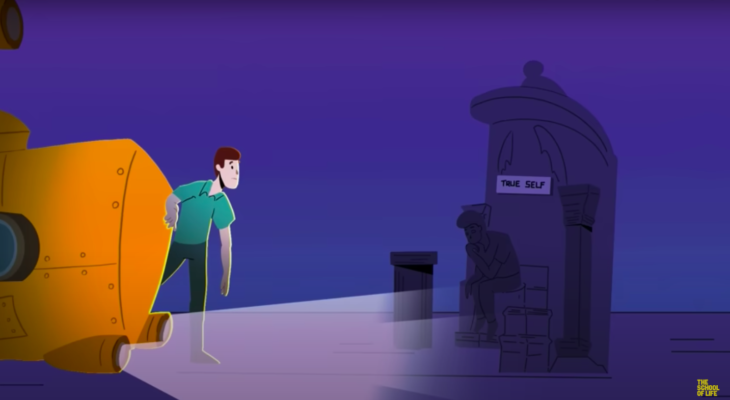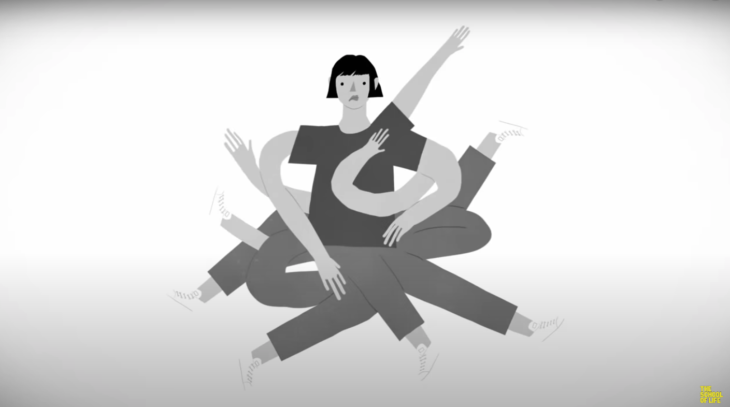In our fast-paced world, it’s easy to lose touch with our innermost feelings and beliefs. Surface thoughts often eclipse our deepest convictions, leading us away from our authentic selves. How do we reconnect?
The School of Life, in their thought-provoking video “How To Find Out What You Really Think And Why”, dives into this very paradox of the mind: the inability to access our true feelings about pivotal matters.
It’s quite a phenomenon: the genuine sentiments about a close friend, career choices, or even childhood memories can remain concealed within us, invisible to our conscious awareness. Instead, what we grapple with are superficial, sometimes misguided snapshots of our desires and intentions. Quick judgments made out of fear or haste become our go-to narratives.
“Our childhood was fun,” we proclaim, even when shadows lurk beneath the surface. “Our new friend is nothing but kind,” we tell ourselves, ignoring any gut feelings of unease. Why? We’ve grown in a world that stresses rapid action, which often means overlooking the layered nature of our consciousness.
It’s not just about speed. Diving deep can be unsettling. Uncovering the truths from our subconscious might challenge the image we’ve built of ourselves in the broad daylight. The revelations may not always align with societal norms or even our own expectations. Hence, many of us opt for the comfort of feeling ‘normal’ rather than facing the startling truths of our innermost selves.
However, connecting with our inner sanctum isn’t as complicated as it might seem. All it requires is:
- Time: Daily moments of solitude, perhaps lying in bed or soaking in a bath, or sitting comfortably in a quiet place.
- Attention: Close your eyes and focus on pressing issues or feelings that demand reflection.
- Genuine Inquiry: Ask yourself – “What do I truly feel about this? What’s the real issue here? What is my heart whispering?”
Treat this exercise as a journey, not a destination. What you’ll likely discover is enlightening. The answers, much like stars hidden during the day, have always been there. They simply await the quieting of the sun—our daily distractions—to shimmer in the night sky. The truth is, deep down, we often already know our feelings about friendships, our purpose, and what truly benefits our well-being. All we need is the courage and patience to tune in.
To dive deeper into this enlightening journey of self-discovery watch the full video below and take the first step towards uncovering your inner truths.




Recent Comments